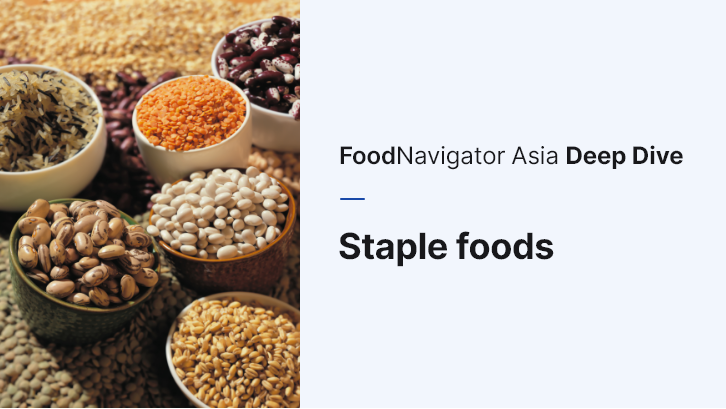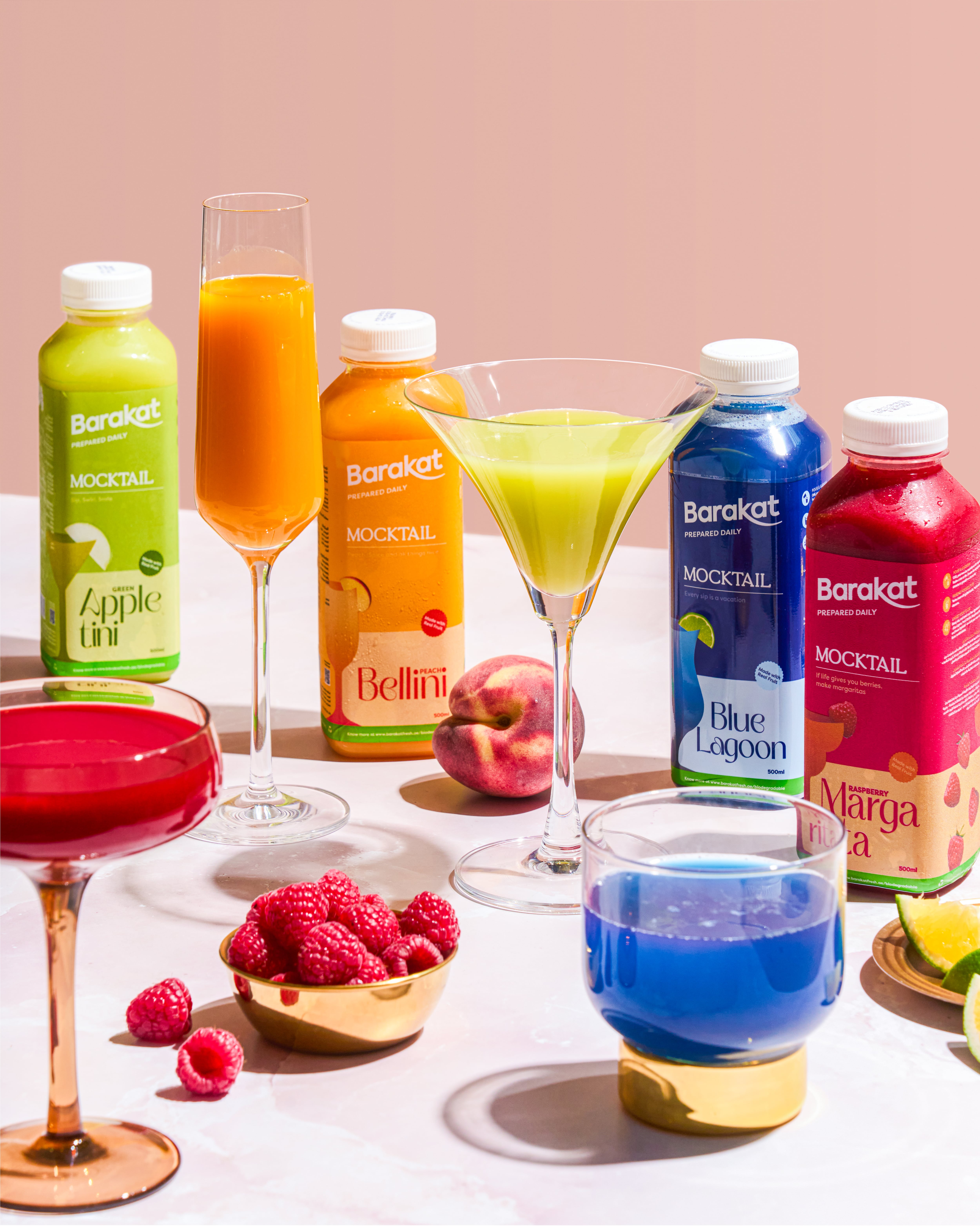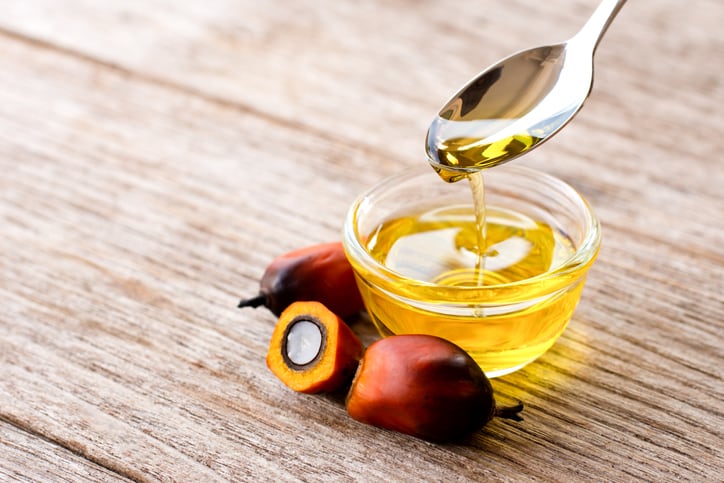Despite establishing a branch in Pakistan since 2013, the Singapore-headquartered palm oil company said that it remains “underrepresented” in terms of presence and downstream partnerships in the MENA region.
Speaking to FoodNavigator-Asia at Gulfood 2025, Imran Nasrullah, GAR’s Managing Director for Africa, Middle East and South Asia, shared that an office was set up in Dubai mid last year to grow the firm’s footprint and be a part of local food security conversations.
“I was based in Pakistan and moved to Dubai in October [2024]. We’ve got a whole team looking at this. Although we already serve customers in this region, the aim is to get closer to them to understand how trends are developing and how to be at the forefront of solving problems. And I think one of the challenges here is food security.
“Globally, we will need 200m tonnes more of vegetable oil by 2050 to be able to feed the world. We need to grow more, but we need to grow more sustainably. [We get to be] closer to having this conversation by being based here,” he added.
The company’s business plan for the region is to work with partners and customers to become a frontrunner in addressing concerns around sustainable palm oil and developing the “right products”.
“For that, we need to be located somewhere that is well-connected. Dubai is the centre of the universe for this part of the world. It’s also a very relationship-based place, where physical presence is important. That’s the reason why we are here, as we hope to build partnerships, and hopefully, find opportunities to invest as well.
“It’s one thing to come once a year to Gulfood, but trends are constantly happening and changing. If we’re not here, we cannot adapt that quickly.”
Additionally, GAR is looking beyond the big global companies that it is currently supplying to.
“There are local firms emerging to serve local needs. We’re a big-bulk player, but specialty food business is the one that’s growing. So, we will try and develop a real unique product for the Arab market in the Middle East and maybe something different for the various African countries. If you understand local needs, this sort of products will mushroom.
“We are also in the oleochemical business. We produce dairy and products that go into dairy feed. Milk and milk products are big in the region. With demand on the rise, we could be tackling an important problem — around food security as well — if we enter this space here.”
Ready for regulatory changes
Nasrullah has observed that people in the Middle East are increasingly asking questions around sustainability and traceability.
“These are questions that people in this region weren’t asking [in the past]. But now they want to know the origins of a product, how food is grown, whether it is sustainable, the technology used to trace for validation etc.
“Everyone wants to know where the food that they are putting into their bodies comes from. That’s why they need companies like us that can ensure traceability to the product.”
On a similar note, GAR is prepared to answer queries regarding the EU Deforestation Regulation (EUDR), which has been delayed and will enter into effect as of December 30, 2025, and the possibility of these regulations being implemented in other regions.
“We were ready last year, and we are actually already supplying under the EUDR this year. We have adapted and are probably in a better place amongst our peers to be able to answer questions about the EUDR, and because of that, questions for other markets too.
“At the moment, the Middle East region is in an education phase. We’ve had lots of customers come to us and ask, ‘what is the EUDR going to do to your profile, and how will that impact the demand?‘. Those conversations are beginning to happen here, though there are no regulatory actions yet.
“As we are prepared for the EUDR, the moment it comes here — under another name —which will happen at some point, we will be ready. If we had been slow on the uptake, I would have felt that we won’t be ready.”





